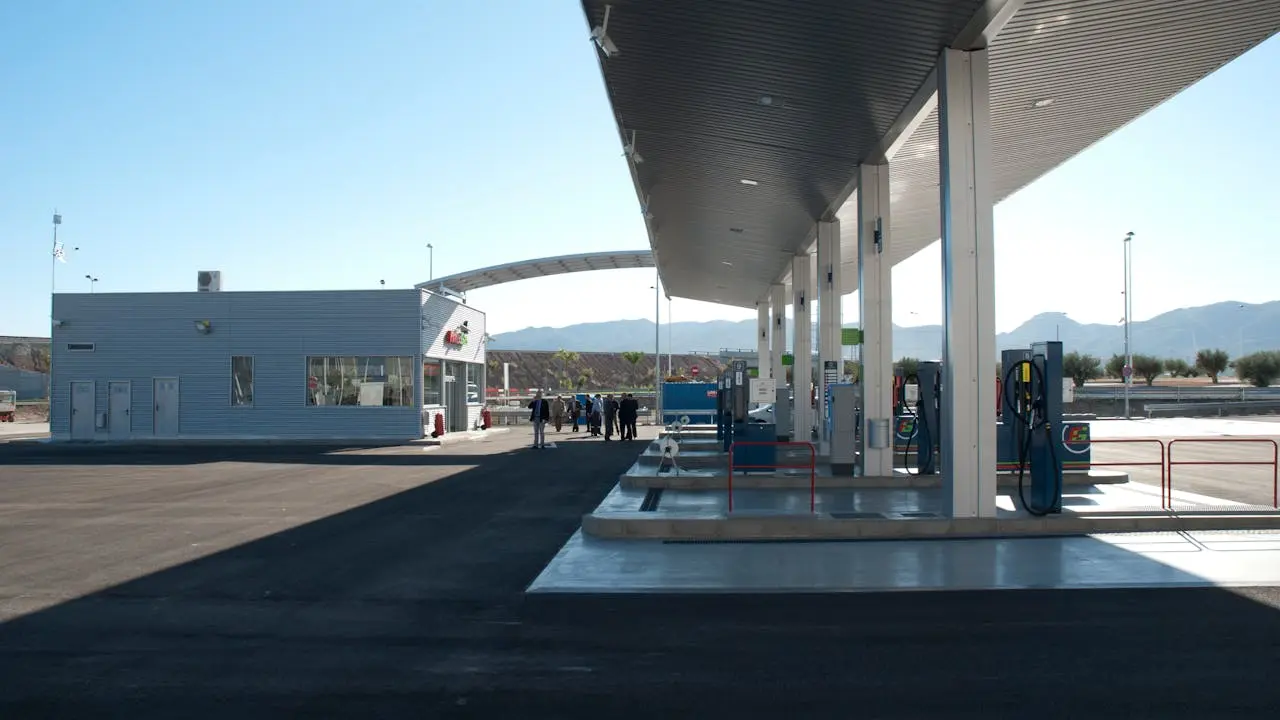
U.S. Senate Bill S. 4389 was introduced yesterday by Senators Mark Warner (D) from Virginia and Thom Tillis (R) from North Carolina, which will provide a $1.00 per gallon tax credit for the use of renewable natural gas (RNG) as a transportation fuel. A companion bill was introduced in the U.S. House earlier in the session by Representatives Linda Sanchez (D) from California and Brian Fitzpatrick (R) from Pennsylvania.
Andrew J. Littlefair, CEO and president of Clean Energy Fuels Corp. (NASDAQ: CLNE), the country’s largest provider of RNG, issued a statement in support of the “Renewable Natural Gas Incentive Act of 2024”:
“At a time when other alternative fuels are having difficulty finding their footing in the heavy-duty vehicle market, RNG is being accepted more and more by fleets that want to reduce their carbon emissions. A robust RNG fueling infrastructure has been built across the country with more stations being added regularly. And a new larger engine that operates on RNG manufactured by Cummins is hitting the market this summer so, the time is ripe for Congress to give a boost to the use of this remarkable fuel.
“No other fuel eliminates greenhouse gas emissions both at the source and on the road the way RNG does, giving it the best carbon-intensity score of any fuel available in significant quantities. On top of that, the production of it is giving an economic lift to the country’s agricultural industry, particularly dairies, and creating jobs in rural areas.
“We applaud the bi-partisan way the RNG Incentive Act of 2024 began with strong authors in the Senate and the House and encourage continued support as it works its way through to become law of the land.”
RNG is derived from capturing the biogenic methane produced by decomposition of organic waste from dairies, landfills, and wastewater treatment plants. It can reduce climate-harming greenhouse gas emissions by over 300 percent depending on the source of the RNG, making it a negative carbon-intensity fuel. Thousands of medium- and heavy-duty vehicles operate on it every day by transit agencies in dozens of cities like New York, Los Angeles, San Diego and Dallas, waste companies like WM and Republic Services, and logistics companies like UPS, Amazon, Saia Trucking Services, and Saddle Creek Logistics Services.

